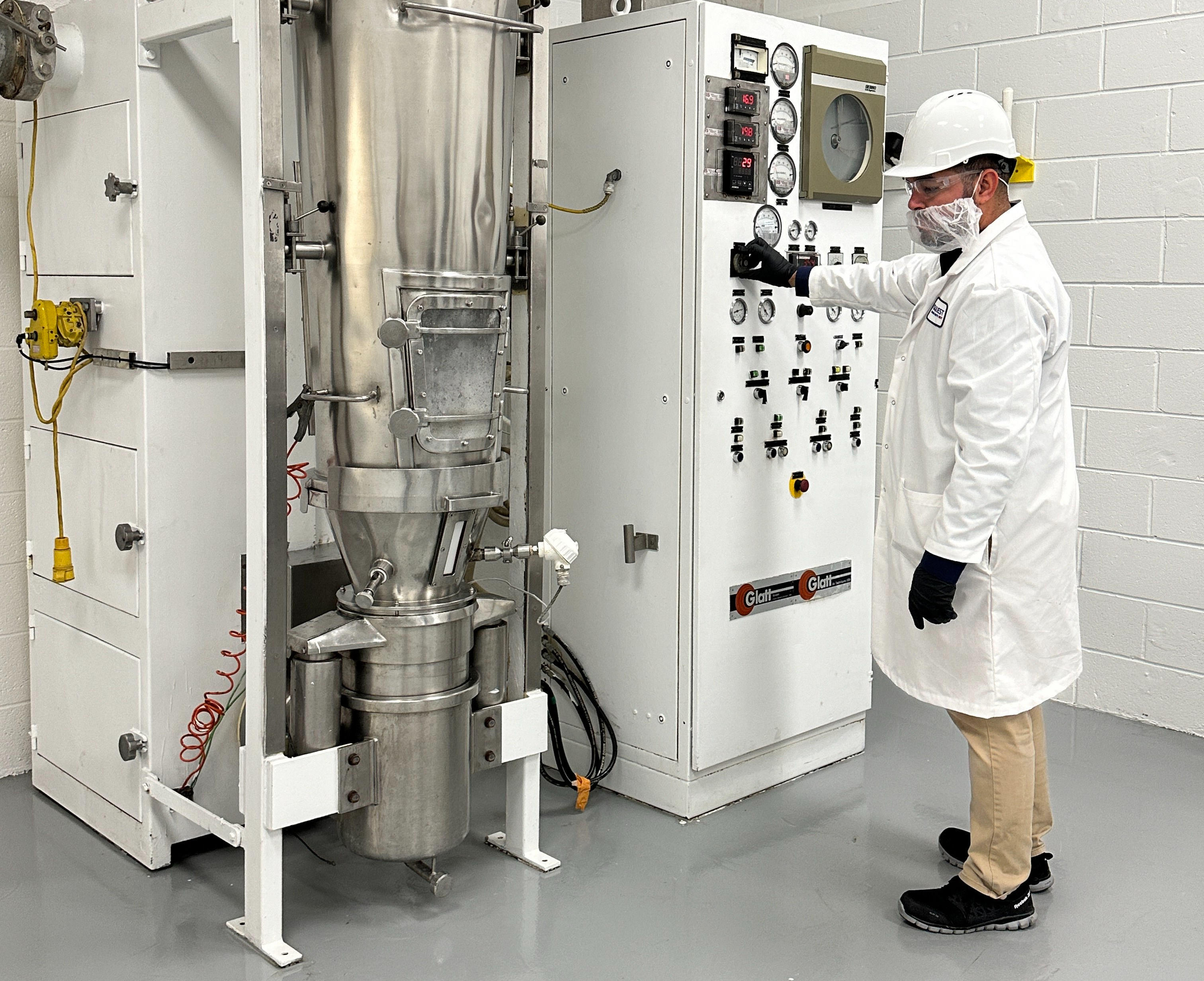Conducted by researchers at the University of Newcastle’s Clinical Nutrition Research Centre, RESHAW was designed to investigate the impact of resveratrol supplementation on body composition, including bone mineral density in critical regions. In the crossover comparison, volunteers (in 125 postmenopausal women) were randomized to take two capsules containing 75mg of Evolva’s Veri-te resveratrol ingredient daily or a placebo supplement for 12 months, followed by the alternate treatment for a further 12 month-period.
The finding: “We reported improved bone density in the lumbar spine and femoral neck of postmenopausal women, supported by a 7.2% relative reduction of plasma C-terminal telopeptide type-1 collagen, a marker of bone resorption,” said NHMRC-ARC Dementia Research Fellow Dr. Wong in a press release from Evolva. “When comparing the annual rate of decline of 0.96% in femoral neck bone mineral density in the elderly, the rate of decline of 0.34% in the femoral neck bone mineral density in the resveratrol group suggest the potential of resveratrol to reduce bone loss in ageing women."
Professor Peter Howe added in the release that “participants with greater bone resorption at baseline showed a greater reduction of plasma C-terminal telopeptide type-1 collagen with resveratrol, suggesting a greater potential for resveratrol to improve bone formation in those individuals at risk of rapid bone loss.” He also noted that "the increase in bone mineral density in the femoral neck resulted in an improvement in T-Score and a reduction in the 10-year probability of major and hip fracture risk.” These benefits, Professor Howe said, were seen in postmenopausal women who did not have osteoporosis, and "a sub-analysis suggests that resveratrol could be used synergistically with calcium plus Vitamin D supplements to further reduce the risk of total and hip fractures."
As WholeFoodspreviously reported, the first peer-reviewed publication on RESHAW showed improvement in overall cognitive performance with resveratrol that Dr. Wong said "could potentially reverse cognitive aging by up to 10 years,” in postmenopausal women. In terms of future research, a range of secondary outcomes, including perceptions of wellbeing, physical function, and pain, are yet to be published, Evolva reported.
“These first two peer-reviewed publications from the RESHAW clinical study provide the evidence that supplementation with Veri-te resveratrol should be a key strategy for the design of effective supplements that may lessen the decline in both brain and bone health as women age,” said Clare Panchoo, VP, Health Ingredients, Evolva. Panchoo added, “the RESHAW reporting continues to point to the ability of resveratrol to improve the microcirculation and deliver blood to tissues, thereby supporting brain health and helping reduce bone loss as we age."










